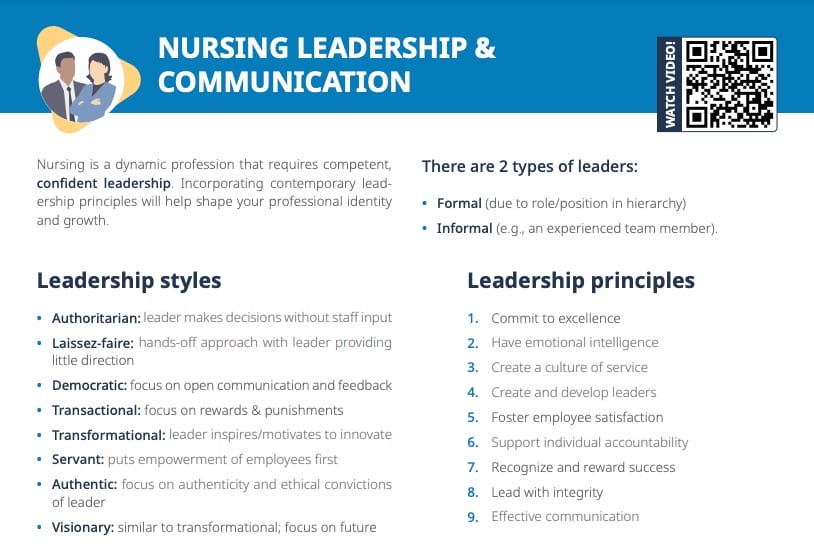What is a conflict?
A conflict is a clash or struggle that occurs when a real or perceived threat or difference exists in the desires, thoughts, attitudes, feelings, or behaviors of two or more parties.
Conflict does not always have to be negative: Conflicts can be constructive and beneficial by improving decision quality, stimulating creativity, encouraging interest, releasing tension, and fostering change. However, conflicts can also have a destructive effect on the efficiency and quality of the collaboration in the healthcare facility by constricting communication, decreasing cohesiveness and hindering performance, or exploding into fighting.
Dysfunctional behavior in the healthcare setting
Dysfunctional behavior refers to when conflicts escalate into bullying or disruptive behaviors. Usually ongoing and escalating over time, this can have a cumulative effect on patients and staff. Bullying, abuse, covert abuse, horizontal or lateral violence, incivility, and toxic behavior can all have significant negative effects on individuals and patient care and can undermine the healthcare organization.
Examples of conflict in nursing
Examples for situations in daily nursing practice where conflicts may arise include:
- Disagreement over a treatment plan between the nurse and the physician
- Workload distribution in high-stress times
- Ethical concerns with patient/family decisions
- Interdepartmental delays
- Conflicting night shift policies between two nurses who set different priorities
Strategies to manage conflicts
Behaviors that worsen conflicts or cause them to escalate
Behaviors to avoid include:
- Avoidance and withdrawal: ignoring the conflict potential
- Competition: ignoring the other party’s needs
- Accommodation: ignoring own needs and appeasing others
Constructive conflict management strategies
- Collaboration: openly communicating about the conflict with the goal of understanding each other
- Compromise and negotiation: actively working together on reaching a solution
- Mediation: utilizing the perspective and input of a third party
Conflicts with nursing supervisors
Examples of nursing supervisor conflict
Situations that can cause conflicts with supervisors in nursing include:
- Perceived favoritism
- Lack of direction
- Harsh criticism
- Pay disparities
- Toxic workplace practices
Tips for dealing with supervisor conflicts
- Always initially assume positive intent and remember/reiterate shared goals.
- Explain your feelings and observations with facts and how it is impacting you and your work.
- Allow space for your supervisor to respond and listen genuinely.
- When unacceptable behavior is shown by your supervisor, make sure to document it with dates and witnesses or location.
- If feedback is not taken well, retaliation occurs, or other challenges occur because of a conflict you are unable to resolve, get outside help, as from HR.
Tip: Continue the conversation with your supervisor after an initial confrontation. This helps continuous relationship development and maintenance. Open lines of communication are critical!
